Anti-Fraud and Corruption Policy
Bayt Elkhebrah is committed to maintaining the highest standards of integrity and ethical conduct. This policy outlines our zero-tolerance approach to fraud and corruption, and our commitment to preventing, detecting, and responding to any such activities in our operations.
Introduction
Bayt Elkhebrah is committed to maintaining the highest standards of integrity and ethical conduct. This policy outlines our zero-tolerance approach to fraud and corruption, and our commitment to preventing, detecting, and responding to any such activities in our operations.
Scope
This policy applies to all employees, contractors, partners, and any individuals acting on behalf of Bayt Elkhebrah. It covers all aspects of our operations, including financial transactions, procurement, and business relationships. The policy extends to all locations where we operate.
Key Principles
Zero tolerance for any form of fraud, corruption, or unethical behavior
Transparency and accountability in all operations and decision-making
Strong internal controls and regular risk assessments
Regular monitoring and review of anti-fraud measures
Responsibilities
All staff members have a responsibility to report any suspected fraud or corruption. Managers are responsible for implementing controls and monitoring compliance. The board and senior management are responsible for setting the tone and ensuring adequate resources for fraud prevention.
Procedures
Clear procedures are in place for preventing, detecting, and responding to fraud and corruption. This includes segregation of duties, authorization controls, and regular audits. All procedures are documented and regularly reviewed for effectiveness.
Reporting
Confidential reporting channels are available for reporting suspected fraud or corruption. Reports can be made anonymously, and protection is provided to those who report in good faith. All reports are investigated promptly and thoroughly by qualified personnel.
Training
Regular training is provided to all staff on fraud prevention and detection. Training includes recognizing red flags, understanding fraud risks, and knowing how to report concerns. Specialized training is provided to staff in high-risk areas.
Monitoring and Review
Anti-fraud measures are regularly reviewed and updated to address emerging risks and changing circumstances. Regular risk assessments are conducted, and the effectiveness of controls is monitored. The policy is reviewed at least annually or when significant changes occur.
